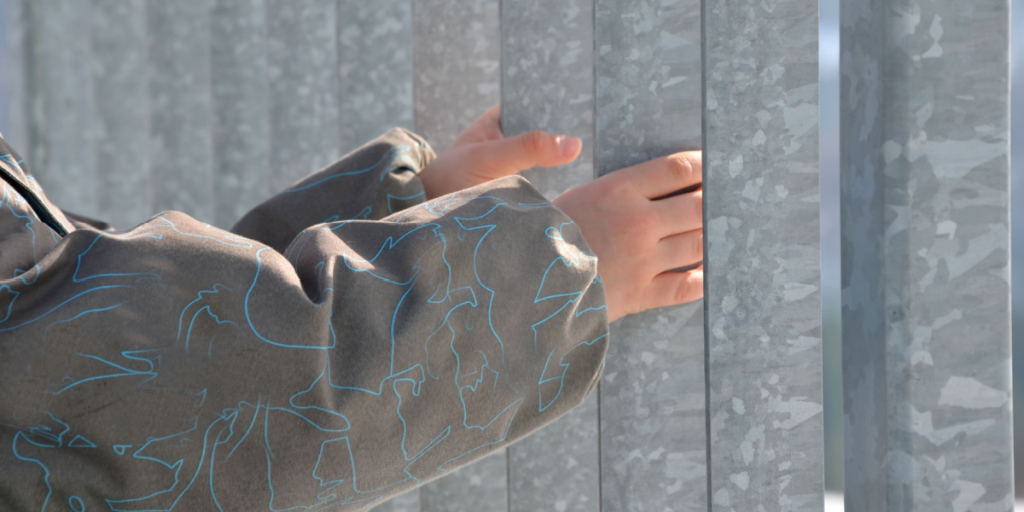Conflicts often hide their darkest acts behind secrecy, but sometimes the smallest digital traces bring them to light.
Others are reading now
In the case of Ukrainian children taken to Russia, investigators found their breakthrough not in classified intelligence, but in selfies posted online by local officials.
A Yale University research team says these accidental clues exposed a vast network of camps where abducted children were being held.
Digital trail
Nathaniel Raymond, director of Yale’s Humanitarian Research Laboratory (HRL), told AFP that his team initially struggled to imagine how to locate children hidden by Russian security services.
Their assignment, requested by the US State Department, was to estimate how many Ukrainian minors had been moved and where they were being held.
The breakthrough came when investigators found images of Russian officials posing with Ukrainian children on buses.
Also read
According to Raymond, many of those posting the photos had forgotten to disable geolocation.
Mapping the camps
Raymond said the selfies allowed HRL to extract precise coordinates, and the team cross-referenced the photos with satellite imagery.
They also examined official Russian publications, which revealed further sites.
HRL has now identified 210 re-education and military-style camps across Russia where abducted Ukrainian children have been sent, Le Nouvel Observateur reported.
The lab estimates that around 36,000 children may have been affected.
Also read
A hidden operation
Reports by Le Nouvel Observateur in 2023 found that Russia publicly framed some of these transfers as “rescues,” though investigators concluded they represented mass deportations in violation of the Geneva Convention.
Children targeted included orphans, those with disabilities, foster children, and minors separated from families in the chaos of war.
Others were sent to holiday camps in Crimea with assurances they would return within two weeks, but never did.
The ICC issued an arrest warrant for Vladimir Putin in March 2023 for his role in the deportations.
Cleanup and consequences
Since the arrest warrant, Russian authorities have removed online photos and other information that once helped track the children’s locations.
Also read
“They started cleaning up the crime scene, moving the children,” Raymond said.
He argues that the fate of these minors should be central to ongoing negotiations.
Sources: Digi24, AFP, Le Nouvel Observateur


